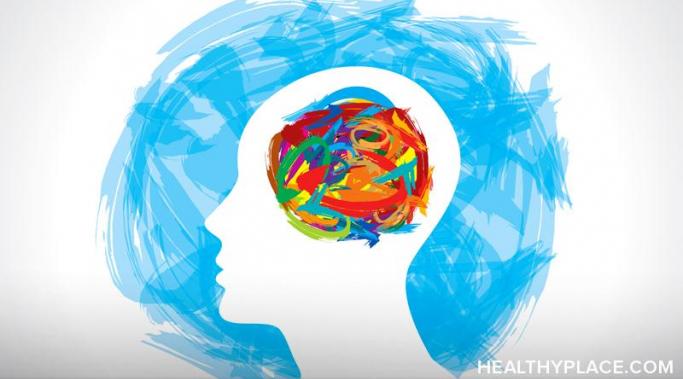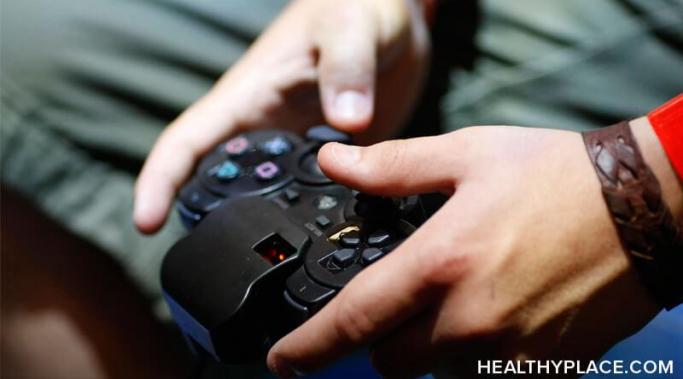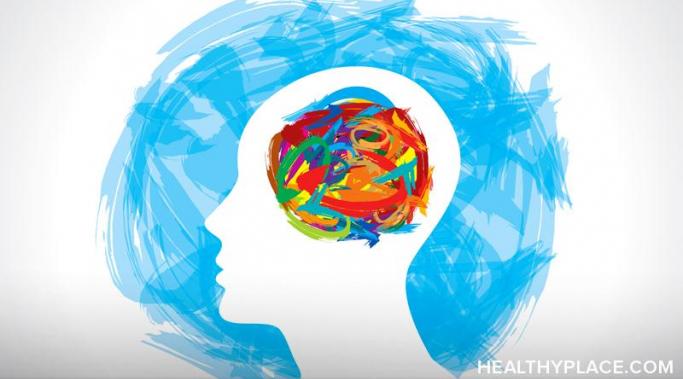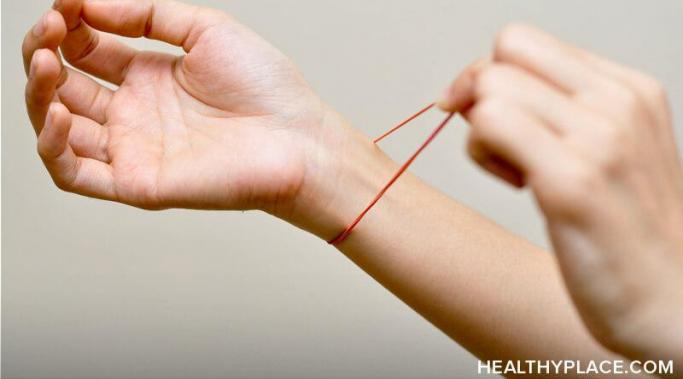The repercussions of self-injury go beyond the obvious. By sharing a bit about how self-injury affected my health, I hope to help you better understand the full extent of what you—or perhaps a loved one—may be going through.
Mental Health Issues
Some people self-harm because they believe they deserve pain—but self-harm is neither a safe nor effective means of self-punishment.
While it shouldn't be the only tool in your recovery toolbox, distraction can play a vital role in healing from self-harm. One option is to use games to distract you from self-harm urges.
While self-injury can sometimes be a precursor to suicide, self-harm and suicide are not inextricably linked. Blindly assuming one always leads to the other can potentially hinder, rather than support, the healing process. (Note: This post contains a trigger warning.)
When experienced in tandem, self-sabotage and self-harm can create a unique psychological trap that is difficult—but not impossible—to escape.
If you've been having intrusive thoughts about self-harm—even if you've never hurt yourself and don't believe you ever would—ignoring them won't make them go away. In fact, it may make things worse.
It's important, for a variety of reasons, to keep in touch with the events of the world around you. But what do you do when the news triggers your self-harm urges?
Regardless of the methods involved, self-harm can make you tired in ways you might never have expected.
The paradox of self-harm can be difficult to understand, even for those of us living inside it. We hurt ourselves to feel better—and no, on the surface, that doesn't make sense. But in the moment, sometimes it feels like the only option we've got.
Not every case of self-injury is obvious. Whether you're talking clinically or colloquially, it can be hard sometimes to clearly define what counts as self-harm and what does not.









